The #nomakeupselfie: femininity, altruism and community
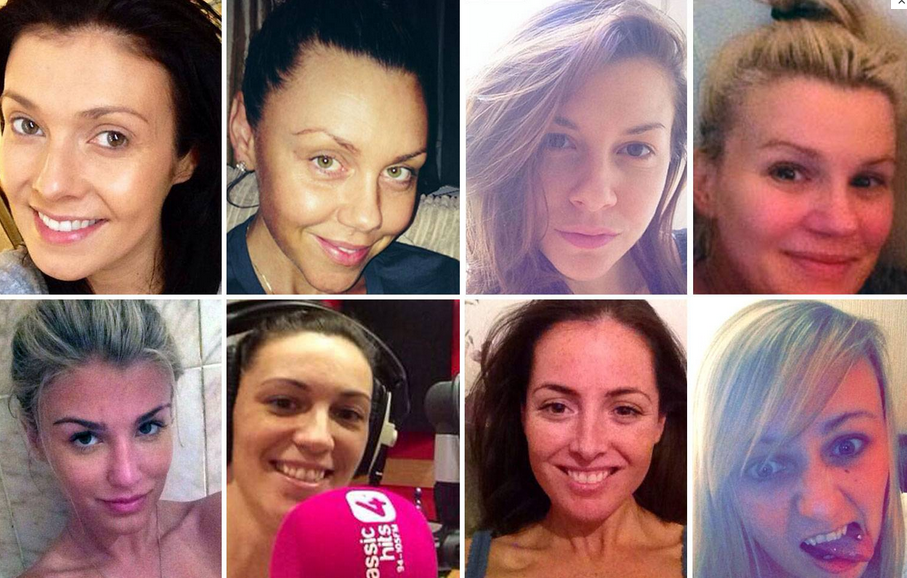
The #nomakeupselfie trend is in the news - here's coverage by the Independent and here's The Guardian, for a little background. I donated £10 to Breast Cancer Care yesterday, and since it's been troubling me, I decided to try to examine my own thought process.
The #nomakeupselfie trend has represented a couple of attitude shifts for me. I discovered that wearing make-up is considered as the overwhelming norm amongst women. I really didn't realise this. Neither my mum nor sister wear any, and I didn't know the extent to which we are apparently in the minority. Also, I am discovering the extent to which not wearing make-up is, apparently, not considered socially acceptable. I have found out that employers are overwhelmingly prejudiced against female candidates who do not wear make-up. I have gained an insight into the extent to which acquaintances and friends are genuinely frightened of being seen without make-up, and that this is a general source of anxiety, more stressful than a first date or a job interview.
I never wear any and don't own any, whether to a job interview, a date, work, whatever. When I'm getting ready, I wash my face and put on moisturiser and some eye gel. The way I look at it, it's my face. I would rather people get to know me with my real face, how I really look, all the time, when I get up in the morning to last thing at night. I'm free: I can touch my mouth, eat, rub my eyes, blow my nose, cry, lift my face to the rain, without a thought.
The idea of 'putting on your face' or not being able to bear the thought of people seeing your real face is quite upsetting to me. I've seen it over the last few days in many friends - some who've refused to post make-up free pictures and others who do so with clearly sincere anguish and apologies for how they look. Others appear more to be being self-deprecating about their clearly beautiful pictures surely in order to fish for compliments. But there's a vulnerability about the whole thing which is deeply concerning.
I simply don't understand it, and I admit that. All my friends looked lovely without make-up, softer, younger, fresher, prettier. I don't understand the criteria by which they get up on a morning, see that face with its clear eyes and bright skin, smile lines, freckles, soft naturalness, and decide to painstakingly paint and shade it, coat eyelashes in black gunk and carefully darken lips. I can accept, of course, that it is part of culture, just as in the Renaissance, men would wear doublets and frilled shirts, and as bower birds prepare their display to attract the opposite sex. For whatever reason, modern Western society has developed certain conventions. That doesn't prevent me personally, when considering mainstream western womanhood, from usually feeling as if I'm writing about an alien race. Increasingly, I find much of mainstream femaleness and its preoccupations very strange. In fact, when it comes down to it, I think it's that I don't consider my gender to be at the forefront of my mind on a day to day basis. It's just not an issue. The gender I identify in is part of what I am, and while I identify as a woman I don't recognise many of the mainstream ways in which womanhood is performed, and neither do its cultural trappings define, for me, what it means to be a woman. That's not to say that I fundamentally judge women who do wear make-up regularly. There are about four PhDs worth of issues here, and a vast area of film and literature theory launched by Joan Riviere's seminal essay Womanliness as Masquerade. I don't judge them precisely because the nature of being a woman in society is a complex one, and we all adopt different strategies, some of which include performance.
And performance is what this selfie trend is all about, as Alice Jones concludes; "It is not enough to do good; one must be seen to be doing good." Yomi Adegoke's article is even more damning, accusing women of "veiling vanity with philanthropy". They have both been aggressively attacked ever since in the comments, which continue to pour in below their articles. And all critics of the trend recognise that it's opening yourself to criticism to be seen to cast aspersions on a popular movement which has organically provoked over £2 million to be donated to cancer charities.
Near the beginning of the trend I agreed with criticisms of those who simply posted a selfie with no link to the charities. It's surely important to encourage people to donate by including the link so that people can just click on it - people are lazy, and that's human nature - you have to be quite highly motivated to google a cancer charity to support, and find the donation page, so if you go to the trouble of posting a selfie, copying and pasting the link to the campaign is surely the whole point. (If it's now on your mind too, reader, click here, or here.) However, since then it's become clear that it isn't really necessary any more. People are now posting no make-up selfies that aren't tagged or labelled or linked in any way, or are captioned "Here's mine," yet everyone knows what they are about. The sector of the nation that is plugged in to the media has cancer charity donation at the forefront of our minds, and £2 million and counting is the result.
I donated £10. Since my dearest friend beat breast cancer a few years ago, I am still not satisfied with my contributions, so it was about time I was reminded. I have raised money for charities in the past, and I told her at the time I'd do a walking challenge in her name, and have not yet done this, so it has given me a kick up the backside. For this, I'm grateful to the #nomakeupselfie trend being so huge. It's inescapable, everywhere, in your face. I told Facebook I had done so. (I didn't post a selfie to accompany this declaration, as because I never wear makeup, and I have no partner to take pictures of me, all my pictures are makeup free selfies. Posting a new one would have been risible.)
So why did I post my donation on Facebook? I could have just done it quietly in my corner, helped the charity, felt good about myself, and that would have been that. So what's going on?
It strikes me that it is enormously difficult to do a good deed without an ulterior motive, whether or not you are seen to do the good deed publicly. Even the purest desire to fund cancer research is likely to be in order to increase the likelihood that loved ones could survive it in the future - that's a form of selfishness. Giving to charity makes us feel good about ourselves, but according to the true definition, can not be considered as true altruism unless we suffer as a consequence of our giving. (As Peter Singer would have it, giving to charity is neither generous nor charitable but is merely a moral duty, so those who don't give are fundamentally morally lacking.)
I spent a day in pyjamas and penguin slippers for Comic Relief a few years ago, and raised more than £400. I went around town and took photos of myself in pyjamas doing the shopping, in the post office, etc. I remember doing it because I was willing to do it; unlike climbing mountains or running marathons it was (very much) within my ability to achieve; and it appeared that due to human nature (people would pay to see me do it), I had a unique opportunity to be in a position to obtain donations for the charity inspired by my behaviour (behaviour which, perhaps for personality or whatever reasons, nobody else around me was willing to commit to, although my original idea was a community event, not a solo showcase.)
I do remember finding it absurd that the charity would not have had that £400 unless I spent the day in pyjamas. Why couldn't people just donate out of empathy for the people the charities would be helping? Why was the silliness required in order to get them to cough up - why would me showing them photos of dying children in Africa not have the same (and much more) effect?
I'm going to assume that when people post selfies "to raise awareness" of cancer, they don't literally mean this. What they mean, surely, is that they want to be part of the community movement which is reminding us all about giving to cancer research charities. There's not necessarily any need to cast aspersions on people's intentions. Evolutionary anthropologist Eric Michael Johnson has recently argued that humankind may be naturally altruistic for the benefit of the group, going back to the functioning of simple hunter-gatherer societies, and rejecting the model espoused by theorists such as Ayn Rand that each human merely desires his or her own happiness and will behave as such. In modern Western society and in the absence of close communities who protect each other, perhaps those instincts find macrocosm in mass world- or nation-scale celebrations of charity donation such as Comic Relief. Digital communities standing in for physical and local ones, the selfie campaign works along similar lines to satisfy our community instinct to help each other as a group (just as social media in general functions to satisfy our basic human needs for communication and community which the nature of modern society modifies and limits).
This functions whether or not one considers that humankind is capable of genuine altruism, or that, as Richard Dawkins has it in The Selfish Gene, that we can desire to collaborate and work for a society with altruistic values, even if apparent individual acts of altruism - down to the genetic level - are always ultimately carried out for an ulterior motive of self-benefit. That's been one of the main criticisms of the selfie-sceptics, that we have to go along with what human nature is, and accept that people behave in the way they do, and if cancer research is now £2 million better off due to whatever quirk of human nature has caused this, then so be it. (We could go further and look at ideas of free will - if all we do is dictated by evolution then ultimately we can not aspire to altruistic agency, since our behaviour is determined by our biological destiny as 'meat robots', as Jerry Coyne colourfully puts it.)
I feel that our specificity as humans is that our intelligence allows us to consider our own nature critically. We shouldn't overlook, therefore, the fact that the selfie campaign violently engages some deeply held stereotypes of gender which are only now gradually surfacing in the mainstream. It is not a coincidence that the most strongly-worded anti-selfie blogs have appeared in the Independent, a newspaper which only this week has stated that it will no longer review children's books that are explicitly aimed at one gender and not the other, in its increasingly consistent position against the normalisation of the received performance of femininity - pink princesses and make-up. If we are unable to think critically about gender and media then we will never undermine such societal problems as sex discrimination, homophobia, and transphobia, which continue to operate precisely due to an uncritical acceptation of received wisdom, tradition or religious doctrine. Our ability to think critically should enable us to evaluate our own behaviour and attempt to redefine and realign our moral and ethical code for the benefit of both individuals and communities. The problem perhaps lies in whether or not we can assume that humankind collectively wishes to better itself and that to better the experience of each and every one of us is one of our shared goals.
That's why we shouldn't allow ourselves to uncritically celebrate what is even an ostensibly Good Thing. I'm not sure what the consequences of no make-up selfie are going to be - will women simply go back to wearing it again as if nothing had happened? Or will society start to question why it is a 'thing' to show your natural face to other people? I could hope that the mass reveal of millions of natural and beautiful human faces will somehow undermine and expose what is ridiculous in the female beauty industry, but I don't think it will.
Selfies represent a cultural 'moment' where technology and social media have fallen into alignment, to give humankind an opportunity to regularly and prominently insert the bodily 'self' into digital relationships which, until the last few years, have been largely textual since the beginning of the internet. With the growth of online 'profiles' and the vast boom in ownership of camera-enabled smartphones, people now have the ability to communicate not only their words, but an image of themselves, and thereby further extend the illusion that the digital society can resemble or substitute some aspects of our instinctive need for community. In order for the community to be more 'real', and to go any way towards satisfying these instinctive human drives, we need to feel that our identity as human beings is partaking in it, that our bodies are engaged as well as our minds, and that other members of the community perceive of us as full embodied participants.
The selfie to accompany the charitable gesture is a reinforcement both of the digitised community altruism and of the individual's part in it, but while in some ways the make-up free aspect is just as much an attention-seeking gimmick as my pyjama-clad antics were, I'm concerned about what it may reveal, when the surface is cleaned off. It is a society where women's nature is understood solely in terms of the superficial. It's not the same as #cockinasock (WHOLE other story...) and its ilk, because the #nomakeupselfie is playing a dangerous game with perhaps the most mainstream performance of femininity in the West. The point of a charity gimmick is that it attracts attention by challenging the norm - I don't usually wear pyjamas to the supermarket - and by implicitly defining make-up as the norm, it positions women's natural faces as the abnormal gimmick. As a society, we have a choice about whether or not we let it do this.
Women, now that you've joined the virtual community with your real, beautiful human face, with its soft colouring, its freckles, its laughter lines, please stay. Let's try to make this a donation of ideas to better our human values, as well as a financial donation to better our scientific ones.
Cover image from Flickr.
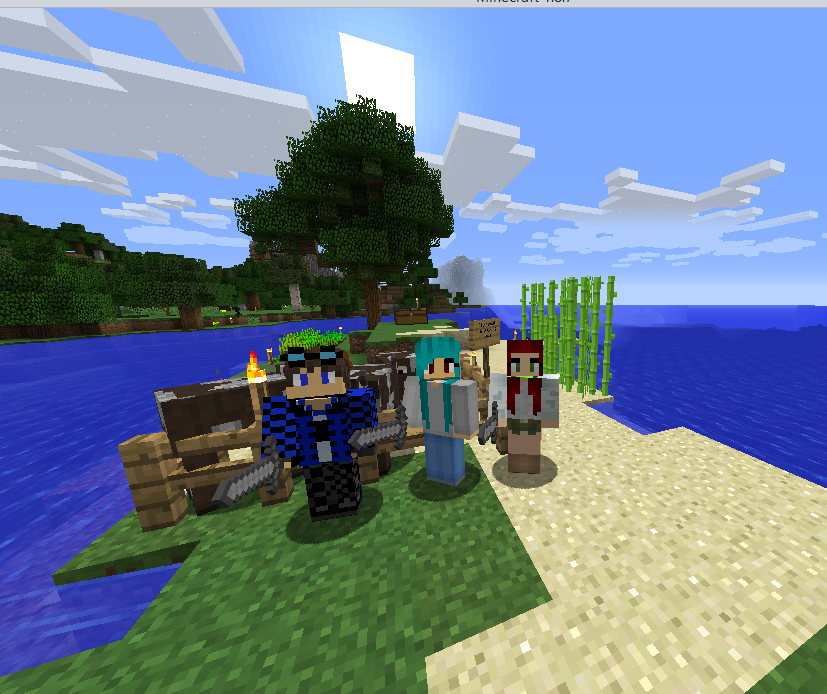
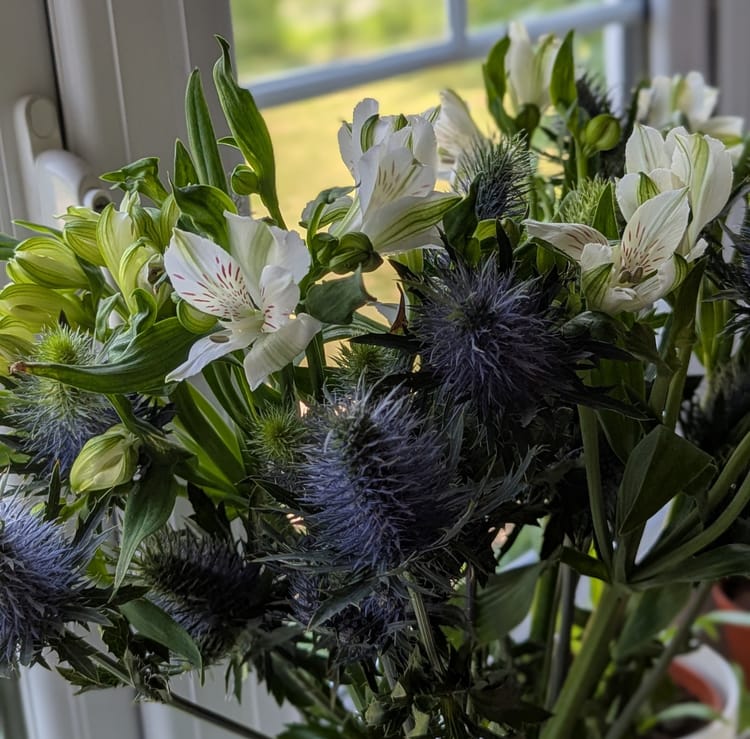
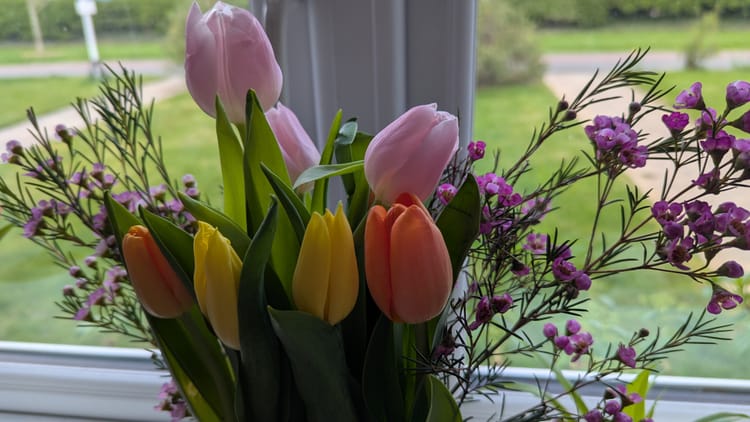
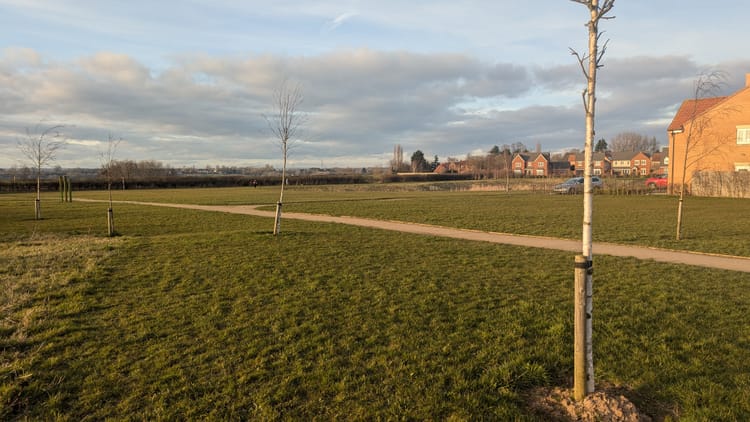
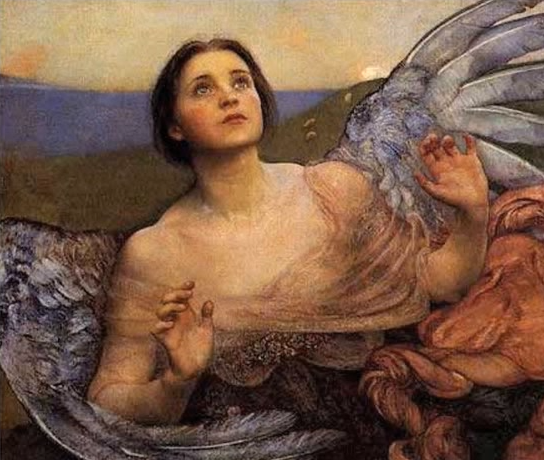
Member discussion